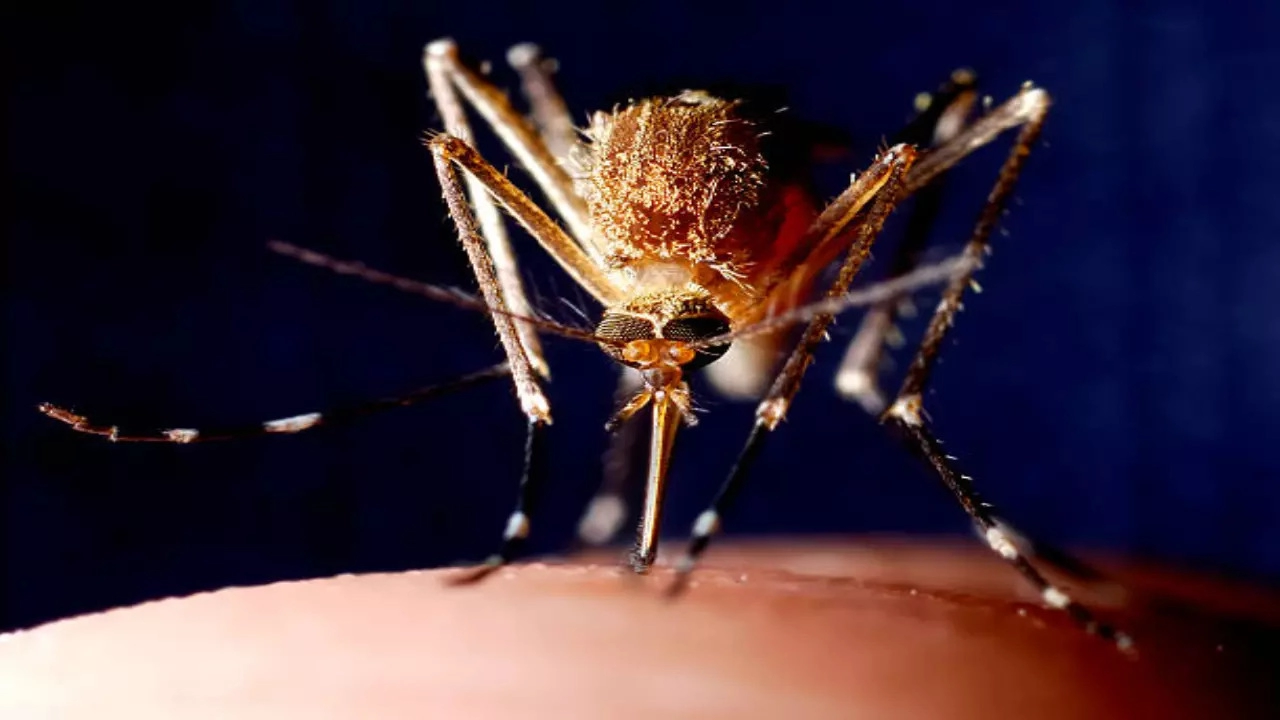News
Chikungunya And Malaria Infections Reach Shocking 5-Year High In Delhi: Over 700 Cases Reported - How To Keep Yourself Safe

Chikungunya And Malaria Infections Reach Shocking 5-Year High In Delhi (Image Credits: iStock)
Delhi recorded a five-year high in Malaria and Chikungunya cases this year. As of November 9, the national capital has registered 728 malaria cases and 172 Chikungunya cases. The Municipal Corporation of Delhi's weekly report on mosquito-borne diseases stated that 9 infections were reported in the week leading up to November 9, 2024. In 2020, the city recorded 228 malaria cases, 167 cases in 2021, 263 cases in 2022 and 426 cases last year. Meanwhile, 111 Chikungunya cases were reported in 2020, 89 cases in 2022, 48 cases in 2022 and 65 cases last year.
The highest number of Chikungunya cases was reported from the Shahdara South zone with 87 cases, while the highest number of malaria cases was reported from the City SP zone with 104 cases.
Symptoms Of Malaria
Malaria is one of the most well-known mosquito-borne diseases, caused by the Plasmodium parasite and transmitted through the bite of an infected Anopheles mosquito. Symptoms of malaria include fever, chills, headache, and muscle aches, and if left untreated, it can lead to severe complications and even death. According to the World Health Organization (WHO), malaria remains a significant public health challenge, with over 240 million cases reported globally in 2022.
Symptoms Of Chikungunya
Chikungunya is also transmitted by the Aedes mosquito, and its symptoms often resemble those of dengue. These include sudden onset of fever, joint pain, muscle pain, headache, nausea, fatigue, and rash. While chikungunya is rarely fatal, the joint pain can be severe and debilitating, lasting for months or even years. The disease is prevalent in tropical and subtropical regions, particularly during the rainy season.
Tips To Keep Yourself Safe From Vector-Borne Diseases
To protect yourself from malaria and other mosquito-borne diseases, it's essential to take preventive measures. Here are some key tips to stay safe:
1. Use mosquito repellents: Apply insect repellents on exposed skin, especially during dawn and dusk when mosquitoes are most active. Products containing DEET, picaridin, or lemon eucalyptus oil are highly effective.
2. Wear protective clothing: Cover your body with long-sleeved shirts, long pants, and socks, especially in mosquito-prone areas. Opt for light-coloured clothing, as mosquitoes are attracted to dark colours.
3. Install mosquito nets: If you're in a high-risk area or sleeping outdoors, use bed nets treated with insecticides for extra protection. This can be particularly useful during nighttime when mosquitoes are more likely to bite.
4. Remove stagnant water: Mosquitoes breed in standing water, so eliminate sources like water in buckets, flowerpots, and bird baths. Ensure drains are cleared regularly to prevent mosquito larvae from developing.
5. Install window screens: Ensure that your doors and windows are properly screened to keep mosquitoes from entering your home.
Get Latest News Live on Times Now along with Breaking News and Top Headlines from Health and around the world.
Our Blogs
Our Recent News

Deadly Listeria Outbreak Linked To Ready-To-Eat Meats: California Infant Dies, 10 Others Sick
Deadly Listeria Outbreak Linked To Ready-To-Eat Meats: California Infant Dies, 10 Others Sick (Image...

Are You Drinking Poison? Toxic Chemical Found In The US Tap Water Affecting Millions
Are You Drinking Poison? Toxic Chemical Found In Us Tap Water Affecting Millions (Image Credits: iSt...

Friends Share More Than Secrets—They Share Gut Microbes, Says Yale Study
Friends Share More Than Secrets—They Share Gut Microbes, Says Yale Study (Image Credits: iStock) Fri...

